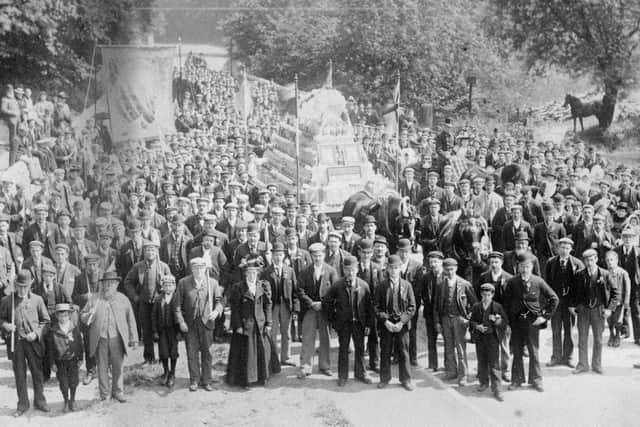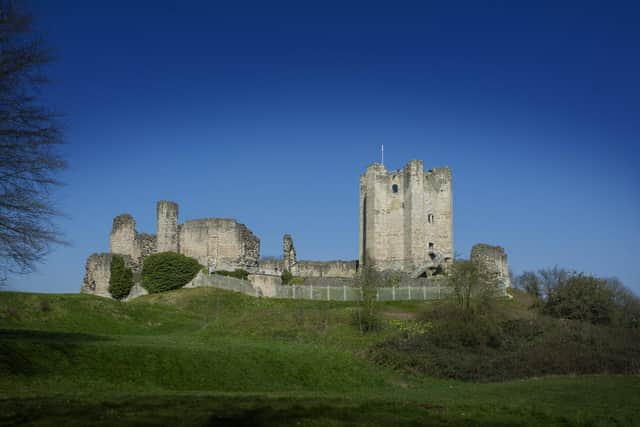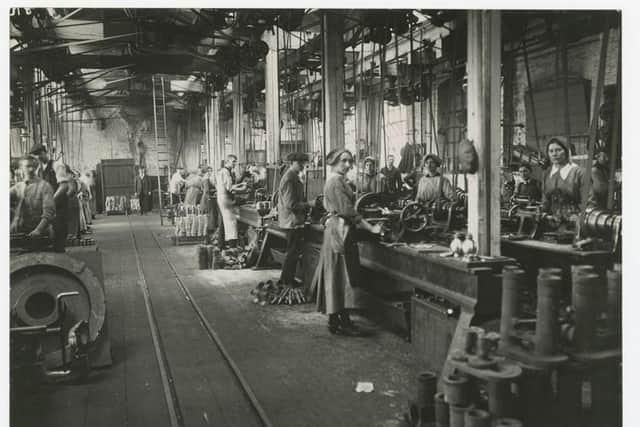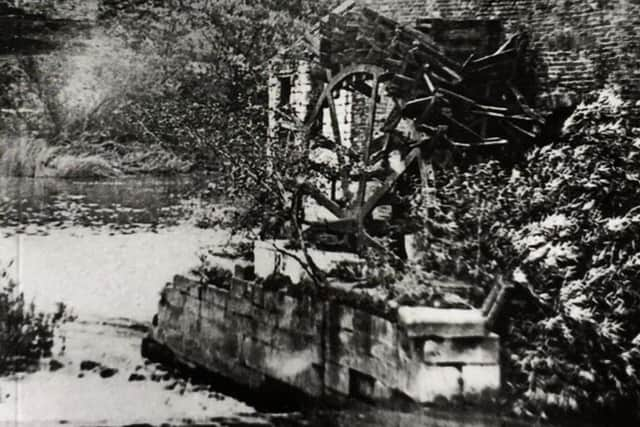Book looks at famous firms that dominated two Doncaster villages
and live on Freeview channel 276
The area was once a hive of commercial activity.
The author says: “Researching the book uncovered so many aspects of the villages’ history that hadn’t been fully explored before on a local level, such as the famous Appleyard furniture makers; Denaby Powder Works; steel makers Baker and Bessemer’s early origins in Conisbrough and first-hand glimpses into the factories and collieries by local intrepid reporters.
“There are inspirational industry leaders and factory owners and a wealth of small but vital industries which, in the early days, were keeping the mainly agricultural district self-sufficient.”


Advertisement
Hide AdAdvertisement
Hide AdMany Doncaster Free Press readers may remember XL Potato Crisps. The XL Crisp factory on Sheffield Road in Conisbrough was established in 1947 by the Gaffney family of Thorne.
Mr Gaffney ran a fish and chip shop in Thorne which was busy at teatime and in the evenings, but he found that he had spare time during the day. He experimented with producing potato crisps as there was a shortage following the end of the Second World War.
Soon the firm was producing 15 million bags of crisps per year, using 40 bags of potatoes per week and 1,200 gallons of vegetable oil.
The firm became the second largest crisp manufacturer in the country.


Advertisement
Hide AdAdvertisement
Hide Ad‘Salt bobbers’ filled little sachets of salt from a chute and inserted them into each bag of crisps at the rate of 30 per minute.
The firm closed in 1975 and 150 workers lost their jobs.
At the northern end of Denaby Main, a far more explosive industry had been established.
The Flameless Explosives Company was established in 1889, who manufactured underground explosives for the coal mining industry.


The Powder Works provided a welcome source of employment for women and girls who had few other opportunities for work at the time. It was said that they had a more delicate touch when handling explosives!
Advertisement
Hide AdAdvertisement
Hide AdIn 1916, the Ministry of Munitions set up the British Westfalite National Trench Warfare Factory at Denaby Powder Works.
The work in manufacturing the shells was dangerous, using explosives and toxic chemicals, exposure to which turned the women’s skin and hair bright yellow. This caused them to gain the nickname ‘canary girls’.
In 1936, the Powder Works was part of one of four companies that merged to form ICI.


The site was closed in 1963 and the area was later redeveloped as Denaby Industrial Estate.
Advertisement
Hide AdAdvertisement
Hide AdReaders may be familiar with the famous Kilner Preserving Jar. In 1865, Caleb Kilner leased an 11-acre site near Conisbrough railway station and established the Kilner’s Provident Glassworks.
The family already operated glassworks at Thornhill Lees, but chose the Conisbrough site due to its rail and water connections and its closeness to raw materials including coal and limestone.
The firm even built houses for their employees in a small settlement which they named New Conisbrough. The factory closed in 1937.
When Caleb Kilner died, his funeral cortege was headed by 400 employees and, as a mark of respect, many townspeople drew their window blinds.


Advertisement
Hide AdAdvertisement
Hide AdToday, his name lives in in Kilner’s Bridge near the railway station.
Conisbrough and Denaby: Industries Through the Ages is priced at £4.99 and is available from outlets including Conisbrough and Denaby Main post offices.
It is also available online at www.fedjbooks.co.uk for £7.49 which includes postage and packaging.
All proceeds go towards the It’s Our Heritage! project which supports the promotion of local history initiatives in Conisbrough and Denaby.